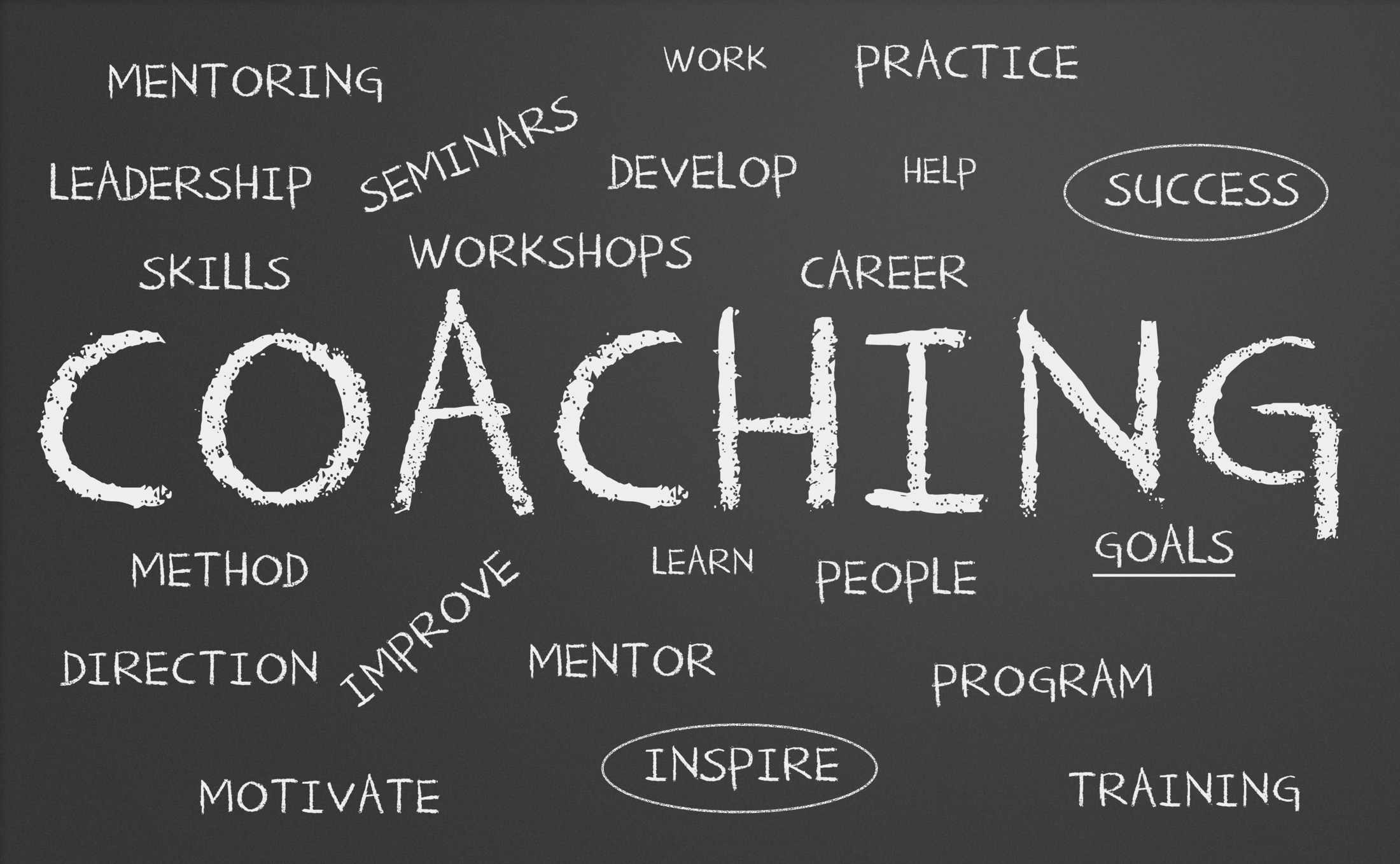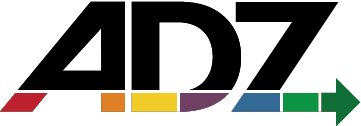
“Our team is going Agile,” “where are you on your Agile journey,” and “what is the most important Agile metric,” might be some things you’ve heard or thought about lately. The answers to these and the many other questions or descriptions I’ve heard in my adventures across the enterprise have been at times confusing, at times contradictory, and sometimes even quite amusing. In an enterprise this big, with the many different kinds of products and objectives, different organizations, different types of problems to solve, and the adaptability of the many Agile frameworks, it’s not surprising that interpretations and perceptions could vary, sometimes wildly. Enter: The Agile Coach. What does an Agile Coach do? Agile coaches are subject matter experts with broad experience across many different companies and industries. Different coaches have different backgrounds and skill sets, and can help teams and programs in a variety of ways, but there are some functions you can expect from any coach. As a Facilitator: To increase collaboration
- Facilitate Vision, Roadmap and Release Planning sessions with the business and the teams
- Help with creation of a Product Vision and Roadmap and Release Plans that will fulfill the Vision
- Facilitate various Scrum meetings so the team can see the technique in action
- Facilitate meetings with leadership and stakeholders throughout the organization to influence change, remove impediments and identify opportunities to improve efficiency.
As a change agent: To remove impediments
- Arbitrate with conflicts and difficult decisions that impact the forward movement of the Agile initiative
As a trainer: To increase agility by building knowledge
- Provide training and workshops to the teams, the business and stakeholders on Agile values and practices.
- Formal training, workshops to improve skills (such as User Story Writing, Story Splitting, Estimating, Agile Engineering Practices) and training on targeted topics for continuous improvement.
As a consultant: To optimize productivity
- Help with overall planning of the project by providing various ideas, suggestions and strategies.
- Help with creating, capturing and communicating metrics to show successes and opportunities for improvement
- Continue to provide a guiding hand to the team and organization on practices that support Agile values through observation and just-in-time coaching
- Make recommendations for improvements from an interested, experienced 3rd party perspective without preconceived notions or bias about your organization.
As a Mentor: To build and sustain internal capabilities
- Focus on people and continuous improvement by being engaged, authentic and dependable
- Be a trusted counselor and advisor
- Create a safe environment for healthy conflict and meaningful collaboration
- Provide a platform for improvement not only during the retrospective but all the time
- 1:1’s/mentoring sessions with Scrum Master and Product Owner to improve specific skills
- 1:1’s/mentoring with team members or stakeholders
In addition to those basics, many coaches have unique skills or areas of expertise they can bring to your team or program, some of these are:
- Team building
- Dev Ops - some coaches can roll up their sleeves and help teams with the following
- Teach Test Driven Development
- Help with Automation
- Setup Continuous Integration tools and strategies
- Evaluating code quality
- Continuous Delivery Strategies
- Value Management
- Help to quantify & measure Value
- Align conflicting stakeholders to an objective Value proposition
- Ensure a focus on high Value Throughput
- Portfolio coaching at scale
- Strategic coaching of large scale programs spanning multiple platforms
- Product Definition & Design
- Organizational Change
- Leadership Coaching
If you’re working with a coach, make sure to find out which of these, and perhaps other unique areas of expertise they’re able to bring to your organization. In the end the goal of every coach is to leave a situation better than they found it. Coaches have no agenda or personal goals other than to help everyone around them succeed. The more you work with your coach to define tangible, measurable goals, the better they will be able to adapt their vast Agile knowledge to the nuances of your particular needs.



